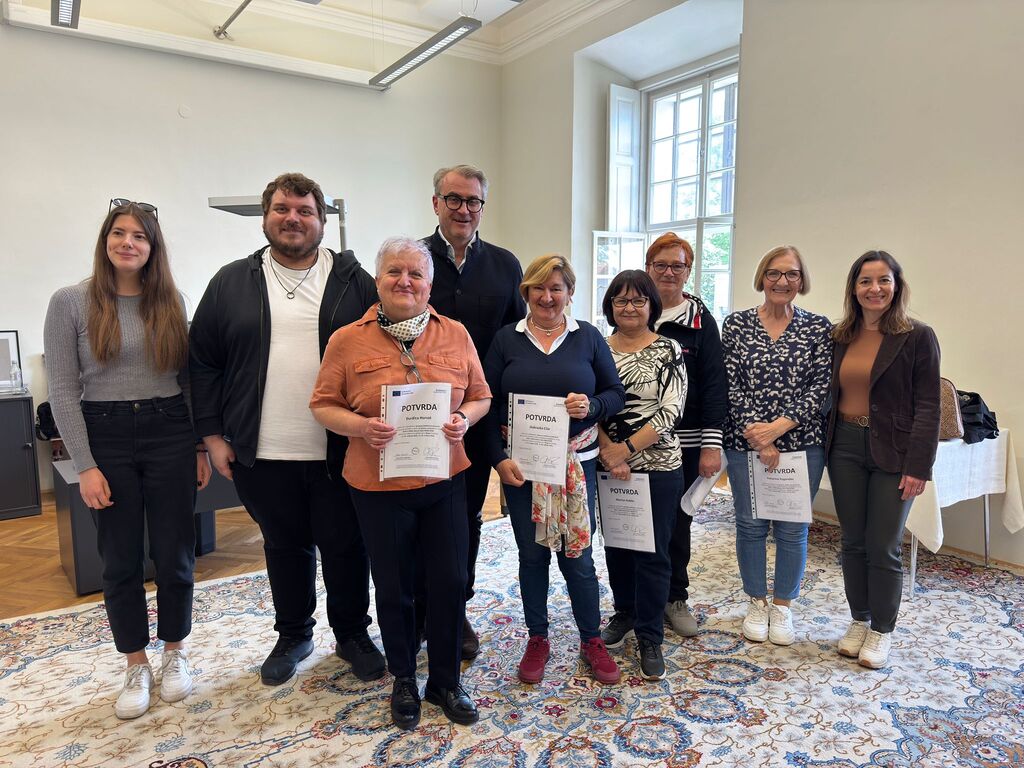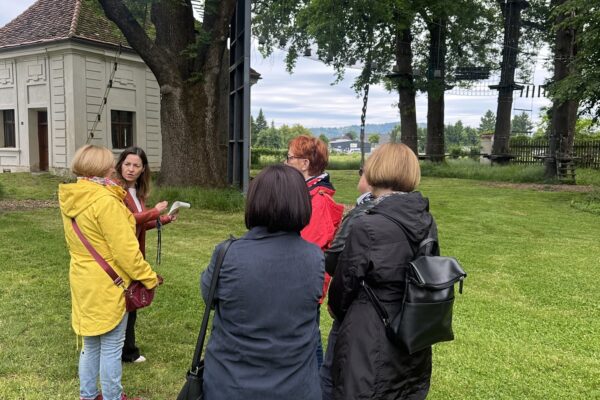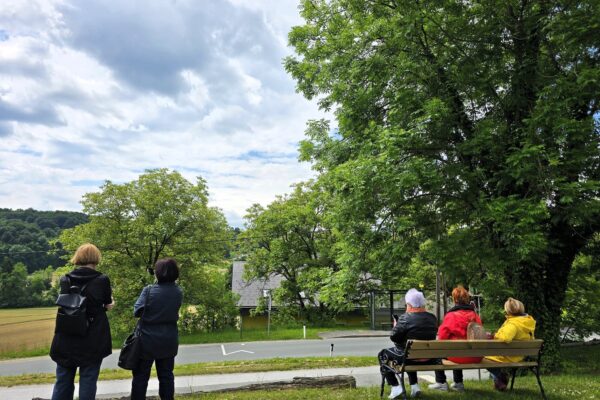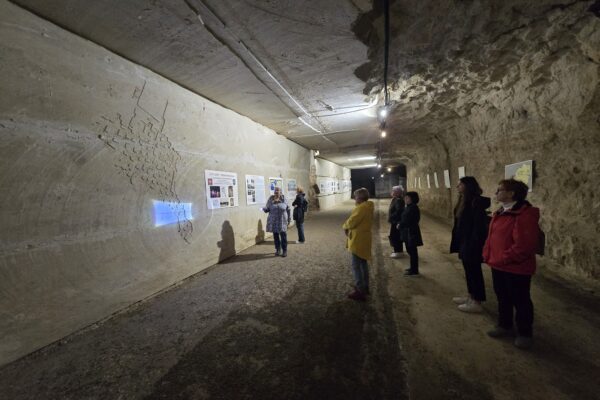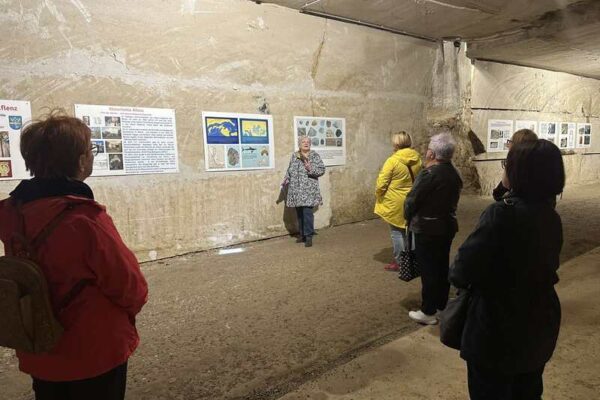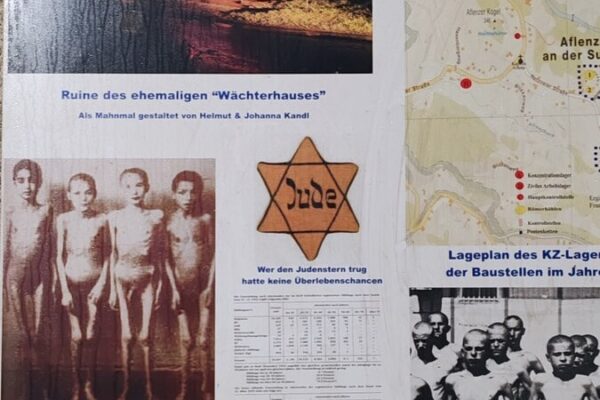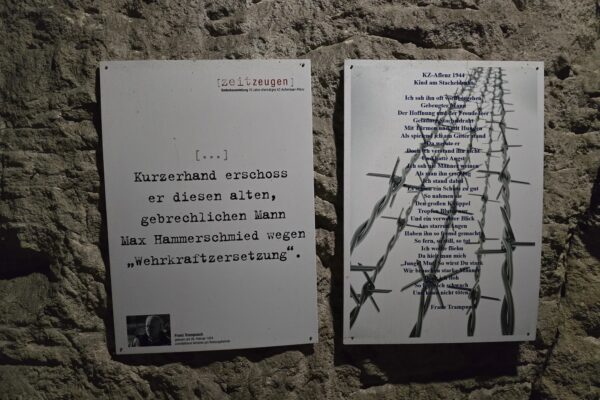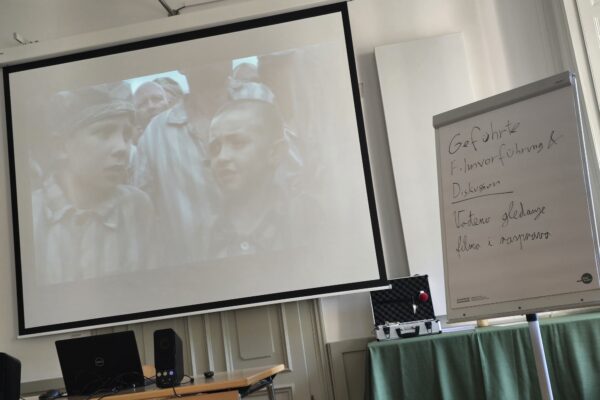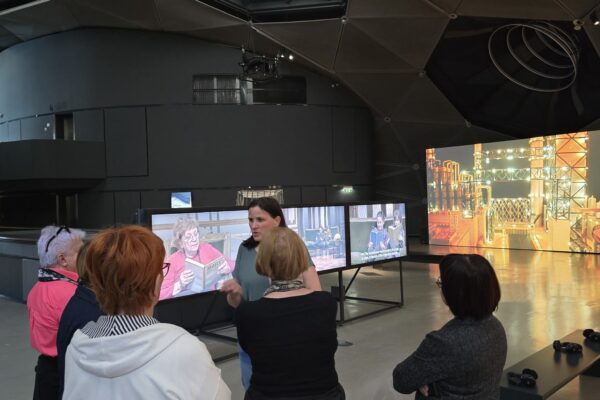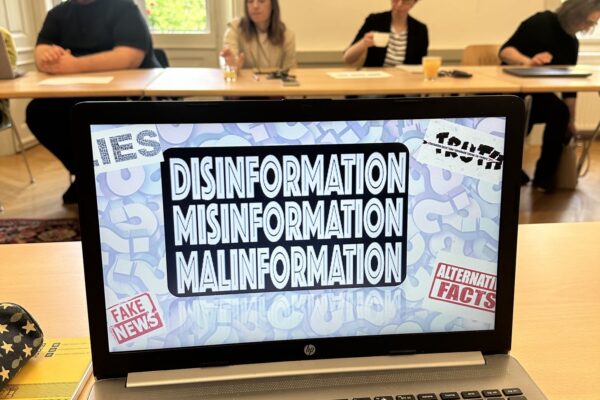Last week, five learners from Pučko otvoreno učilište Čakovec, accompanied by two staff members, participated in an Erasmus+ mobility activity in Wagna, Austria. The group mobility was organised in partnership with the established adult education institution Bildungshaus Retzhof and focused on deepening andragogical, cultural, and social competences through innovative educational activities and direct engagement with European lifelong learning practice.
A Diverse and Rich Programme – From Community to In-depth Topics
From the very first day, the mobility was marked by a warm welcome, a session for learners to present their expectations, and an interactive introduction to the Austrian adult education system. Through engaging activities, the learners quickly established trust and openness within the group. Such an introduction proved to be an excellent foundation for all subsequent workshops and discussions. Particular emphasis was placed on the literature club, where learners analysed texts by Austrian authors on themes such as democracy, civic participation, and cultural heritage. On the first day, participants were introduced to the concept of the literature club as an activity that combines educational and social components, and the reading of selected titles began within this framework.
Learning through History and Confronting Challenges
The second day was dedicated to historical learning through a guided visit to the former Aflenz concentration camp, where learners had the opportunity—through analysis of photographs, testimonies, and expert guidance—to discuss democratic values and human rights. Profound and sometimes emotional experiences were further deepened by a guided viewing of a feature film on a related theme. Through facilitated discussions, topics such as resilience, solidarity, and responsibility towards future generations were analysed. Together, we concluded that lessons from the past should not be discarded, but rather serve as a pledge for a more democratic, open, and peaceful European future.
Active Exploration of Heritage and Contemporary Art
The third day included a walk through the urban history of Wagna and Graz. At each thematic stop, learners were able to identify similarities and differences with Croatian cultural heritage, including the role of commerce, crafts, and urban development. The highlight of the day was a visit to the Kunsthaus Graz Museum of Contemporary Art and a joint dialogue about the exhibition “Poetics of Power.” Using the Visual Thinking Strategies method, learners analysed works of art, discussed social topics, and together took several photographs that have been included in the photo gallery below. This experience enhanced their visual literacy and motivated them towards creative expression. It also further confirmed the role of art—in all its forms, from traditional to contemporary—as a vital catalyst and driver for many topics and issues of great significance to every citizen.
Green Erasmus
We are proud to have successfully integrated best practices of “Green” Erasmus into the mobility. Throughout the entire week, we exclusively used public transportation, thereby reducing the need for private vehicles, and most educational activities were conducted outdoors, making the most of the fine weather and fresh air. When planning meals, we ensured they were prepared using local and seasonal ingredients, with at least one vegetarian option available. The use of consumables during educational activities was minimised—office supplies such as paper, markers, and sticky notes were used sparingly, and single-use plastics were avoided. Special care was taken to turn off lights and other devices when not needed, further contributing to energy efficiency. The resources available on the AMPEU website [https://www.ampeu.hr/erasmus/prioriteti/okoli%C5%A1-i-borba-protiv-klimatskih-promjena] greatly assisted us in planning the green elements of our activities, and we warmly recommend them to anyone wishing to make their mobility more sustainable and environmentally responsible.
Media Literacy, Gender Equality, and European Perspectives
The fourth day highlighted the importance of media literacy in contemporary society. Through an interactive workshop, learners developed skills to recognise disinformation, use digital tools for source verification, and design simple workshops for older adults in their local community. The literature club continued, providing an opportunity to compare Croatian and Austrian education systems and experiences, as well as to develop new questions regarding the role of individuals in modern society.
The highlight of the week was a study visit to the Federal Women’s Support Centre – Freiraum, where learners were introduced to Austrian models for empowering women through legal, psychosocial, and educational support. Particularly inspiring was the analysis of real-life cases and discussion on the potential for applying similar solutions in Čakovec.
Reflection, Recognition, and Motivation for Further Learning
Throughout the week, the emphasis was on reflection. Through individual journaling and group sharing of insights, learners analysed the knowledge they had acquired each day and developed concrete proposals for improving existing educational activities or introducing new ones at Pučko otvoreno učilište Čakovec. They also actively participated in planning the next steps in their lifelong learning journeys. On the final day, a formal certificate award ceremony was held, providing learners with the opportunity to publicly present their personal achievements and experiences.
This mobility not only expanded the knowledge and skills of the learners but also further motivated all involved to continue learning, strengthen local initiatives, and promote European values within their local communities. We thank our hosts for their hospitality and look forward to future Erasmus+ activities.
Until the Next Mobility!
The group mobility for learners was implemented within the framework of Erasmus accreditation in the field of adult education, for which Pučko otvoreno učilište Čakovec is the holder. Erasmus accreditation enables institutions to participate continuously in mobilities, facilitates access to funding, and supports the development of international partnerships in adult education. We invite all interested institutions to apply for Erasmus accreditation and thus open new opportunities for their learners and staff. The application deadline is 1 October 2025. More information is available on the AMPEU website.

Funded by the European Union. Views and opinions expressed are however those of the author(s) only and do not necessarily reflect those of the European Union or Agency for Mobility and EU Programmes (AMPEU). Neither the European Union nor the granting authority can be held responsible for them.

